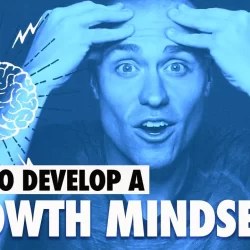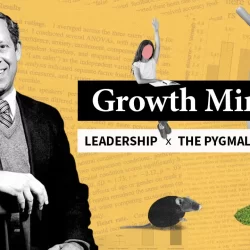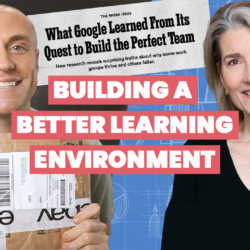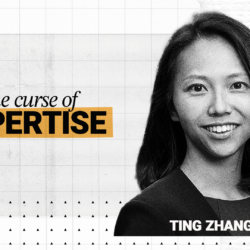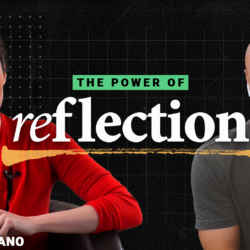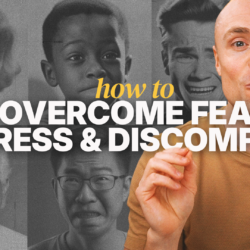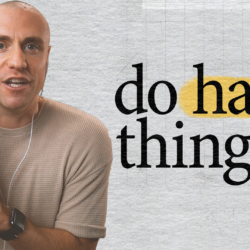by Trevor Ragan and Alex Belser | Podcasts | Jungle Tiger
Often times we judge our process and decisions by the quality of the outcome. The research calls this outcome bias and the poker world calls it resulting. No matter what you call it, this can lead to a number of traps that hurt the learning process. The good news: once we understand how it works we can find ways to avoid resulting and become better learners.
Featuring
Casey Yontz: Professional Poker Player
Key Points
Outcome Bias / Resulting
When we judge our decisions and process by the quality of our outcomes. When we achieve a good outcome we assume it’s because we made the right decisions and our process was optimal. When we achieve a poor outcome we assume we made the wrong decision and our process was off.
Traps of Resulting When the Outcome is Positive
Overconfidence: conflate luck and skill. We assume the outcome is purely a reflection of our skill set and optimal process.
Rinse and Repeat: We assume that everything in our process was perfect and that if we change nothing, we’ll achieve the same outcome. Rigid. Closed off to experimentation.
Traps of Resulting When the Outcome is Negative
Under confidence: We stop doing the thing altogether. Throw out the entire process. We assume everything we did was wrong.
How to Avoid Resulting
Once we understand how resulting works and the traps we all fall into we can build a few tools to help us avoid falling into the outcome bias.
The Muffin to Lotto Spectrum
No luck = muffin
All luck = lotto
Muffin: When there’s minimal luck or chance involved in the outcome, the more weight we should put into it. When there’s not very much luck, the outcome is an accurate reflection of our process.
Lottery: The more luck involved in the outcome, the less weight we should put into it. When there’s a lot of luck, the outcome is not a good reflection of our process.
Think of this as a spectrum. Most things we do fall in between muffins and the lottery – probably more swayed to the lottery end. Which means we need to avoid resulting as much as we can.
Increase the Sample Size
One attempt usually isn’t enough to accurately judge our process. The more data points we get the more information we gain from the outcome.
Get Some Feedback
Share your line of thinking with a friend and get their input. For best results: hide the outcome from them
Counterfactual Thinking
If flipping the outcome changes the way we’re judging the process, we’re resulting.
Treat it as Skill
When we achieve positive or negative outcomes we should pause, use the tools above, and analyze the process in an objective way. The more that we do this, the better we get.
Quick Links
Outcome Bias Study
Thinking in Bets by Annie Duke
Casey Yontz’s Twitter
Alex Belser’s Website
Trevor Ragan

